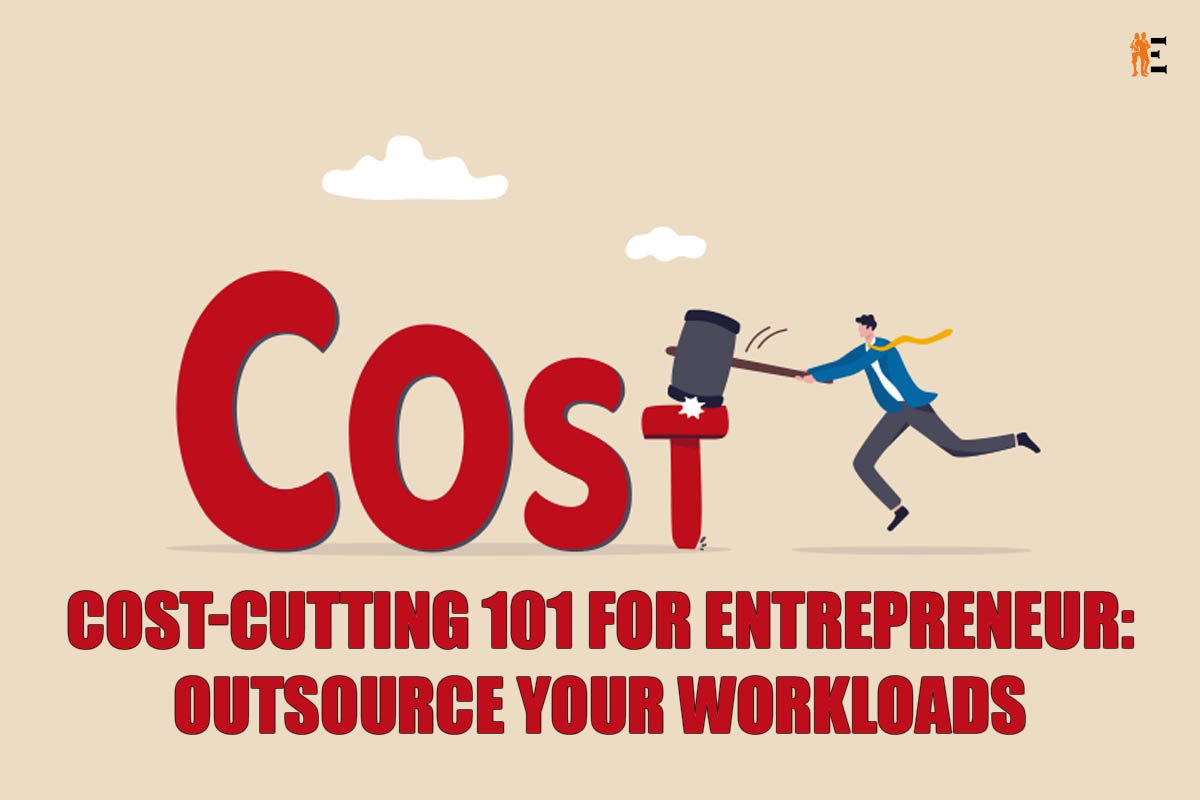As an entrepreneur, there are many expenses you must consider when running a business. From overhead costs to salaries and benefits for your employees, the costs can add up quickly. One way to cut costs and increase your profitability is to outsource your workloads. outsourcing to reduce cost for entrepreneur refers to the practice of hiring an outside company or individual to perform certain tasks or functions that are typically done in-house.
Benefits of outsourcing to reduce cost for entrepreneur:
Outsourcing has become increasingly popular in recent years, as technology has made it easier to connect with professionals around the world. Here are some of the benefits of outsourcing to reduce cost for entrepreneur and how to do it effectively:
1. Cost savings
The most obvious benefit of outsourcing is cost savings. By outsourcing tasks to professionals who work remotely or in another location, you can avoid the costs of hiring and training employees, providing office space and equipment, and other overhead expenses.

Outsourcing can also save you money on salaries and benefits. Many outsourcing companies and individuals charge lower rates than full-time employees, and you only pay for the work that is actually completed. This way you can use outsourcing to reduce cost for entrepreneur.
2. Increased efficiency
Another benefit of outsourcing is increased efficiency. By outsourcing tasks to professionals who specialize in a particular area, you can ensure that the work is completed quickly and accurately.
For example, if you outsource your bookkeeping or accounting tasks to a professional accounting firm, you can ensure that your financial records are accurate and up-to-date. This can help you make better business decisions and use outsourcing to reduce cost for entrepreneur.
3. Access to expertise
Outsourcing also provides access to expertise that may not be available in-house. For example, if you need help with website design or search engine optimization, you can hire a professional with expertise in that area.
By outsourcing tasks to experts, you can ensure that the work is done correctly and efficiently. This can save you time and money in the long run, as you won’t have to spend time learning how to do the work yourself or fixing mistakes made by inexperienced employees.
4. Focus on core business functions
Outsourcing also allows you to focus on your core business functions. By outsourcing tasks like administrative work or customer service, you can use outsourcing to reduce cost for entrepreneur and free up time to focus on strategic planning, product development, or other core functions that are critical to the success of your business.
5. Flexibility
Outsourcing also provides flexibility to your business. You can hire outsourcing companies or individuals on a project basis or for ongoing work, depending on your needs. This allows you to scale your business up or down as needed, without having to worry about the costs of hiring or firing employees.
6. Improved customer service
Outsourcing can also help to improve your customer service. By outsourcing customer service tasks to professionals who specialize in that area, you can ensure that your customers receive prompt and courteous service.
This can lead to increased customer satisfaction, repeat business, and positive word-of-mouth marketing for your business. This way you can use outsourcing to reduce cost for entrepreneur.
How to outsource effectively?
While outsourcing can provide many benefits to your business, it is important to do it effectively to ensure that you get the most out of the experience. Here are some tips for outsourcing effectively:
1. Define your needs
The first step in outsourcing effectively is to define your needs. This involves identifying the tasks or functions that you want to outsource and the specific skills and expertise required to complete them.
By defining your needs upfront, you can ensure that you find the right outsourcing provider to meet your needs.
2. Choose the right provider
Choosing the right outsourcing provider is critical to the success of your outsourcing strategy. You should consider factors such as:
- Experience: Look for outsourcing providers with experience in your industry or the specific tasks or functions you need to outsource.
- Skills: Make sure that the outsourcing provider has the skills and expertise required to complete the work.

- Reputation: Look for outsourcing providers with a good reputation
- Availability: Make sure that the outsourcing provider has the availability to complete the work within your desired timeframe.
You can find outsourcing providers through online marketplaces like Upwork, Freelancer, or Fiverr, or by networking within your industry.
3. Set clear expectations
Once you have chosen an outsourcing provider, it is important to set clear expectations for the work to be completed. This includes:
- Deadlines: Make sure that the outsourcing provider understands when the work needs to be completed.
- Quality standards: Specify the quality standards that the work needs to meet.
- Communication: Set expectations for how often and in what format you expect to receive updates on the progress of the work.
- Payment terms: Agree on payment terms upfront, including the rates to be paid and the method of payment.
By setting clear expectations, you can ensure that both you and the outsourcing provider are on the same page about what needs to be done and how it will be done.
4. Communicate Effectively
Effective communication is critical to the success of outsourcing. You should establish regular check-ins with the outsourcing provider to discuss progress and any issues that arise.
You should also be available to answer any questions the outsourcing provider may have and provide feedback on completed work. Effective communication can be a helpful outsourcing to reduce cost for entrepreneur.
5. Maintain Control
While outsourcing can provide many benefits, it is important to maintain control over your business functions. This includes:
- Protecting your intellectual property: Make sure that any outsourcing provider signs a non-disclosure agreement to protect your company’s confidential information.

- Maintaining quality control: Establish processes to ensure that the outsourced work meets your quality standards.
- Monitoring progress: Regularly review progress and provide feedback to ensure that the work is on track.
By maintaining control, you can ensure that your business functions continue to operate effectively and efficiently.
FINAL THOUGHTS
Outsourcing can be a valuable strategy for reducing costs and increasing efficiency in your business. By defining your needs, choosing the right provider, setting clear expectations, communicating effectively, and maintaining control, you can ensure that outsourcing is an effective tool for your business, and it can use outsourcing to reduce cost for entrepreneur.
Remember that outsourcing is not a one-size-fits-all solution, and it may not be appropriate for every task or function in your business. However, with careful planning and execution, outsourcing can provide many benefits and help your business to thrive in a competitive market.











